Asia’s banking landscape is on the verge of a major transformation as regulators introduce new rules to open up the market and welcome new digital-only, challenger banks.
The following list aims to provide a comprehensive overview of Asia’s challenger banks landscape. These companies are leveraging cutting-edge technologies to allow customers to open accounts in just minutes, manage their finances through a mobile app, and get loans easily and rapidly.
The list excludes digital banks wholly-owned or operated by a traditional bank. These include UOB’s TMRW Bank from Thailand, digital banks by Malaysia’s Maybank and CIMB operating in countries such as Malaysia, the Philippines, and Vietnam, Bank Tabungan Pensiunan Nasional (BTPN)’s mobile banking channel Jenius from Indonesia, VPBank’s YOLO digital bank in Vietnam, DBS Bank’s Digibank operating in Indonesia and India, as well as the numerous mobile initiatives by Axis Bank, HDFC, ICICI Bank, Kotak Bank, Yes Bank and others, in India.
The list also excludes digital banking solutions from companies from outside of Asia that have expanded into the region, such as Revolut and Tandem, as well as business-to-business (B2B) digital banking providers like Kashmi and Scale360.
China
WeBank

Established in 2015 by Internet giant Tencent, WeBank was the first private digital-only bank to launch China. WeBank provides consumer banking services through digital channels, as well as microcredits and other loan products. WeBank bank has no physical branches or outlets, and does not rely on property guarantees. Instead, it grants loans through face recognition technology and big data credit ratings.
Mybank
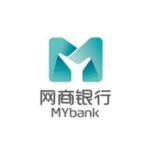
In 2015, Alibaba launched MYbank, an online bank for the Chinese market. MYbank focuses on consumers and small and medium-sized enterprises (SMEs), and uses credit data from the e-commerce giant’s AliPay product to conduct analysis for loans. MYbank is 100% digital, branchless and serves customers 24 hours a day.
XW Bank
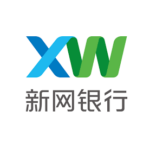
XW Bank is an online-only bank backed by smartphone manufacturer Xiaomi that has served some 24 million customers since its inception three years ago. Using an open banking model, XW Bank has cooperated with New Hope Group, Newland, YYlending, NuoNuo FINANCIAL, Dashu Finance and other platforms to provide the micro-businesses and SMEs community with tailored financial products such as entrepreneur loans, SME loans and other small and micro-enterprise loans.
AiBank
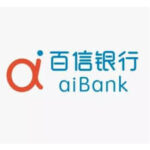
AiBank is a digital bank set up in 2015 by a fintech joint venture between China CITIC Bank and Baidu. AiBank provides personal loans, operates deposit services, sells financial products and offers electronic wallet systems to businesses. The bank leverages big data and artificial intelligence (AI) to build new risk control models.
Hong Kong
In March 2019, the Hong Kong Monetary Authority (HKMA) begun issuing virtual bank licenses. So far, eight companies were granted one and all eight remain in testing. None is likely to launch full services this year, people with knowledge of the matter told the Financial Times in November. Regardless, there is at least one digital banking player.
Neat
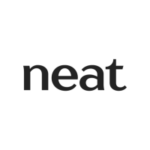
Neat is a digital banking startup targeting the unbanked entrepreneurial community, serving small and medium-sized enterprises (SMEs), startups and entrepreneurs.
Neat provides multi-currency business accounts that can be opened online with a 15-minute application, corporate expense cards, and the ability for companies to send and receive money globally. The company also provides personal accounts, which let customers spend online and offline, send money, and which comes with a prepaid MasterCard.
Neat is not a bank but works with ePayLinks, a licensed stored value facility (SVF).
Taiwan
Earlier this year, Taiwan issued its first virtual banking licenses to three consortiums: Line Financial Taiwan (Line Group, Taipei Fubon Commercial Bank and Standard Chartered), Next Commercial Bank (Chunghwa Telecom), and Rakuten International Commercial Bank (Rakuten and IBF Financial).
Taiwan’s antitrust watchdog, the Fair Trade Commission (FTC), will begin reviewing the operations of the three new digital banks in January 2020. If approved, the banks will be allowed to begin operations.
Japan
Japan Net Bank (JNB)

JNB, Japan’s first Internet bank without physical branches, began operation in October 2000. JNB offers banking and financial services including deposits, withdrawals, loans, investment trusts, transferring, currency exchange, credit cards, insurance products, and more. JNB’s stakeholders include parent company Sumitomo Mitsui Banking Corporation and NTT DoCoMo.
Rakuten Bank
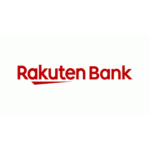
Rakuten Bank, by Japan’s e-commerce giant Rakuten, has been operating as an Internet-based bank since 2001. The bank provides banking and financial services including deposits, loans, exchange transactions, investment trusts, securities, credit and cash cards, and lottery tickets.
Jibun Bank
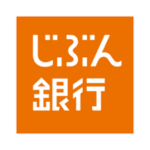
Established in 2008 by Bank of Tokyo-Mitsubishi UFJ (BTMU) and mobile network operator KDDI, Jibun Bank is a mobile-only bank that has become one of the largest and most profitable mobile banks in Japan. The bank offers commercial banking services as well as payment services coursed through three channels: mobile, Internet and telephone.
Kyash

Founded in 2015, Kyash is a fintech startup with visions on becoming what it claims Japan’s first real challenger bank. Kyash currently operates as a payment app that’s linked to a prepaid Visa. The company has however applied for a host of licenses in Japan that would allow it to offer banking-style features, including checking accounts, ATM withdrawals and money remittance.
South Korea
KakaoBank
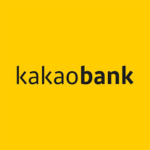
KakaoBank is an internet-only bank established in 2016 by Korea Investment Holdings and Internet platform company Kakao. Kakao is the operator of South Korea’s super app KakaoTalk. KakaoBank offers deposits, loans, cards, international remittances services, and more. The digital bank passed the 10 million customer mark in July 2019.
K Bank

Led by the country’s telecom giant KT Corp and 20 other companies K Bank is South Korea’s first digital-only bank. The bank allows customers to do everything from opening a bank account to applying for loans directly through their smartphone. K Bank uses KT Corp’s big data system to analyze clients’ credit ratings and provide loans.
Singapore
Like Hong Kong, Singapore has no licensed digital and challenger banks yet, but these are expected to arrive soon. The Monetary Authority of Singapore (MAS) announced in June 2019 that it will soon start accepting applications for digital bank licenses and would issue up to five licenses.
YouTrip

Singapore’s YouTrip is not a challenger bank per se but instead offers a multi-currency wallet with a prepaid MasterCard. The mobile financial platform is specially designed for travelers and allows users to pay overseas with no fees in over 150 currencies. It also supports exchange of 10 currencies.
Vietnam
Timo

Launched in 2016, Timo is the first digital bank in Vietnam. Timo provides a comprehensive set of tools supporting customers’ financial needs with banking services essentials. Users can manage their bank accounts easily and conveniently through the Timo mobile app or send money to friends just by using the phone number. Timo’s banking partner in Vietnam is VP Bank.
India
InstantPay

Founded in 2013, InstantPay is a neobanking platform providing banking and financial services to individuals and corporates, including savings or current accounts, domestic money transfer services, insurance and investment options along with quick loans for business and personal requirements.
NiYO
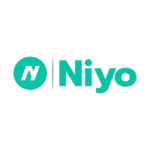
Launched in 2015, NiYO has two primary lines of business, which include a salary account for blue-collar workers and a global card aimed at international travelers. The accounts are manageable directly through a mobile app, and are linked to a Visa card.
Open

Open is a neobanking platform for SMEs and startups that combines everything from banking to invoicing, and automated booking, in one place to enable small businesses to automate and run their finances effectively. Open’s banking partner is ICICI Bank.
Payzello

Payzello claims to be India’s first ever neobanking platform challenging the very definition of banking in India. Payzello provides comprehensive features and services including a single card for debit, credit and forex transactions, sub-accounts for users to set away money easily, end-to-end expense management, and Bharat QR. Payzello claims it only takes three minute to open an account.
Yelo
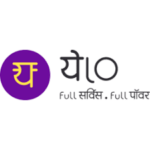
Yelo, a product of 0.5Bn FinHealth, is a digital only, mobile-first neobank that provides financial products to address immediate short-term needs (day-to-day cashflow) and long-term needs (future medical shocks). Yelo’s banking partners are ICICI Bank and Federal Bank.



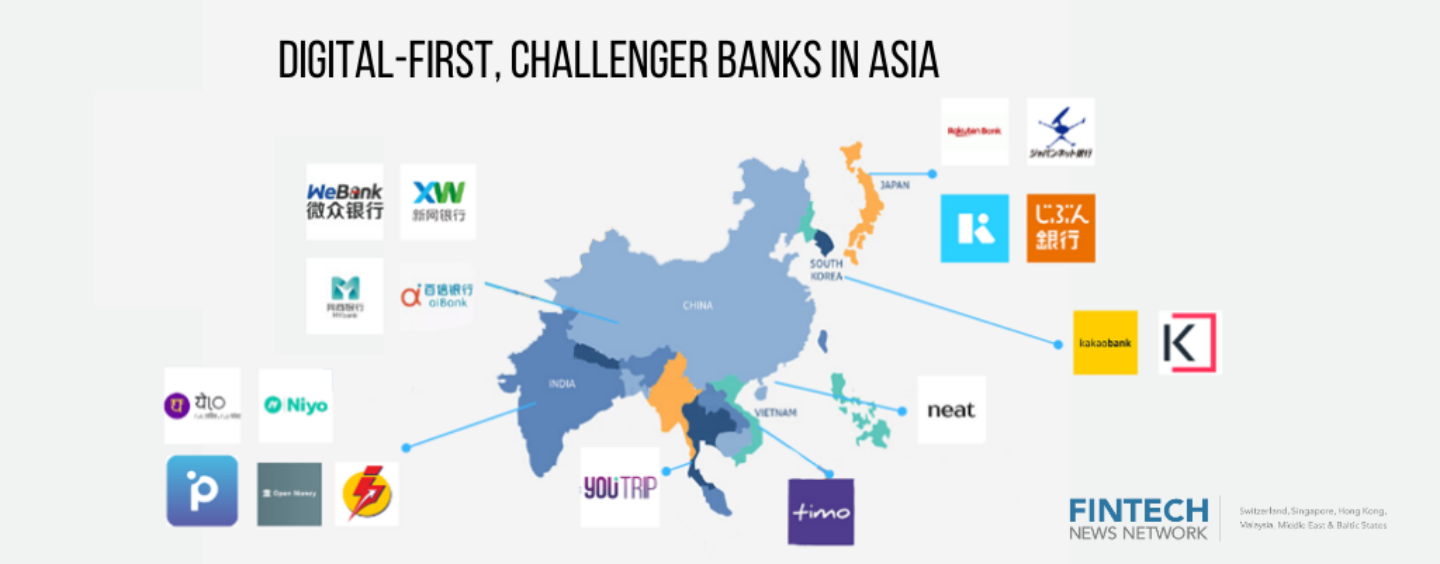





No Comments so far
Jump into a conversationNo Comments Yet!
You can be the one to start a conversation.